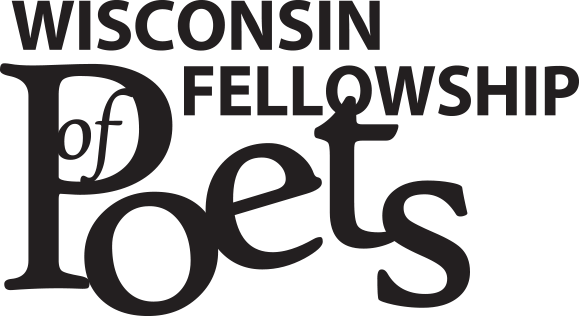Past WFOP Workshops
July 2022
Marilyn L. Taylor takes us through submitted poet poems and offers suggestions on how to improve the rhythm and rhyme.
Marilyn L. Taylor
Villanelle - The Fine Art of Repeating Yourself
In Part 2, Marilyn gives feedback to poets who have submitted villanelles.
June 2022
Marilyn L. Taylor
Villanelle - The Fine Art of Repeating Yourself
In Part 1, Marilyn L. Taylor leads an illuminating and instructional workshop on the villanelle.
She also:
Recommended traditional villanelle-writing poets: Rhina P. Espaillat, Edmund Gosse, James Joyce, William Empson, Dylan Thomas, John Hollander and Elizabeth Bishop. In addition to late 20th Century and later poets: Wendy Cope, Sylvia Plath, Bruce Bennett, Annie Finch, Julie Kane.
Shared an excellent handout
Shared a villanelle about the villanelle
Share two villanelle books for reference:
Love Affairs at Villa Nelle (which she edited with James Roberts), originally $14.00, but if you buy directly from her she will sell at a special rate of $10.00 per copy, postage included. Email her at mlt@mltpoet.com.
Villanelles, edited by Julie Kane and Marie-Elizabeth Mali. Available on Amazon.
February 2022
Angela Voras-Hills
Turning a Corner
In Session 2, poets share their poems written in response to Session 1, and Angela responds and shares helpful revision ideas.
Shared and contributed poems.
Learn more about Angela on her website.
Buy her collection Louder Birds.
January 2022
Angela Voras-Hills
Turning a Corner
Whether expected or not, transitions on any scale can challenge our beliefs, shift our perspectives, and alter our lives. In this two-part workshop, we’ll read and discuss poems that acknowledge, embrace, and grieve a variety of transitions. We’ll also consider transitions as a poetic device in contemporary poetry, exploring how poems turn, shifting from one idea to another.
Through writing exercises and prompts, we’ll apply what we’ve discussed in order to draft new poems, hopefully awakening new responses to the transitions we’ve lived through and those that lie ahead. While primarily generative and discussion-heavy, writers will have an opportunity to share their work with the group. Readings will include work by Laura Kasischke, Craig Morgan Teicher, Ross Gay, and many more.
After the two sessions, you’ll have a handful of new poems, fresh perspectives on your work, and exposure to some great poems you might not have read yet!
November 2021
Jessica Barksdale
Writing Grief & Loss 2
The second session of this series is dedicated to workshopping poems.
Resources:
On Critiquing
Revising Sheet
Line Breaks
October 2021
Jessica Barksdale
Writing Grief & Loss 1
The most painful experiences are often those we truly want to write about. But how do we approach hard topics without sinking our poetic ships with excess melodrama and pathos? How can we invite our readers in and ask them to stay and bear witness without them running from our poems as if their hair were on fire?
In these two sessions, we will look at examples of how other poets have found ways to write about life’s most difficult challenges. Humor, hyperbole, specificity, detail, tone, voice, narrative all provide ways into profound writing about loss and grief.
The first session will focus on craft and studying examples as well as some brainstorming for our own work.
Handout of Example Poems
Book and Reading Recommendations
September 2021
Margaret Rozga
Behind the Lines
In the second session Behind the Lines, Peggy and participants will look at more sample poems, including those of participants. Participants will have a chance between August and September to revise an August draft or write a new draft. Then, for those who'd like more feedback, there will be time allotted to look at their work.
Helpful examples for writing your own political poems:
Ying Wu, “That Much is Not Enough.”
Karenne Wood, “My Standard Response.”
August 2021
Margaret Rozga
On the Front Lines
In the first session of a 2-part series, Margaret Rozga offers suggestions, prompts, and guidance that work for poets concerned about social justice issues in a variety of ways and in a range of engagement with those issues.
Her latest poetry book is Holding My Selves Together.
NOTE: When watching the video, fast-forward 13 minutes. We were distracted at the beginning by a curious technical difficulty.
June 2021
C. Kubasta
Exploring the Uncanny in Prose
Watch C. Kubasta’s video to learn more about the “uncanny” in prose — fiction, short fiction and prose poetry. The video starts in progress as Kubasta is talking about her latest book of short stories Abjectification, which uses the the uncanny to “flesh out the horrors of human interaction.”
Her latest book of poetry is Of Covenants.
Relevant Links:
Oh You! A Taxonomy of the Second Person, Waxwing
Mary Poppins Recut as a Horror Movie Trailer


